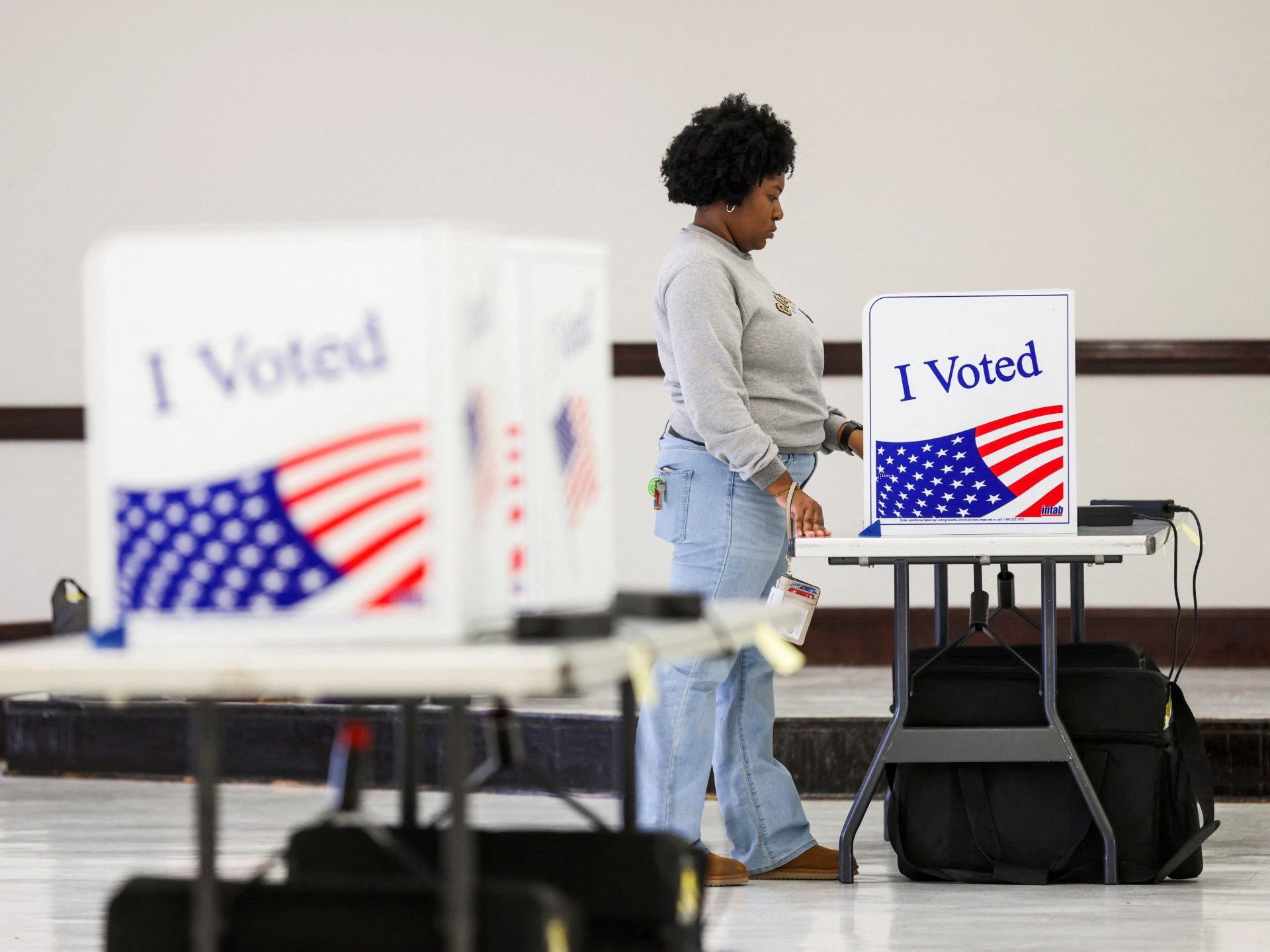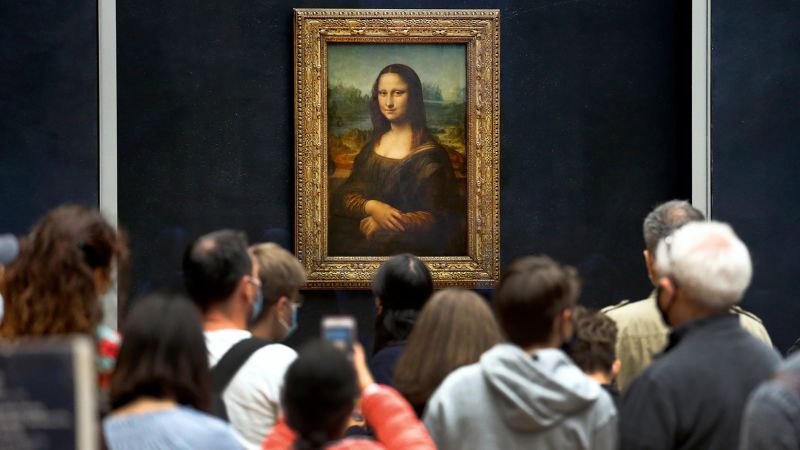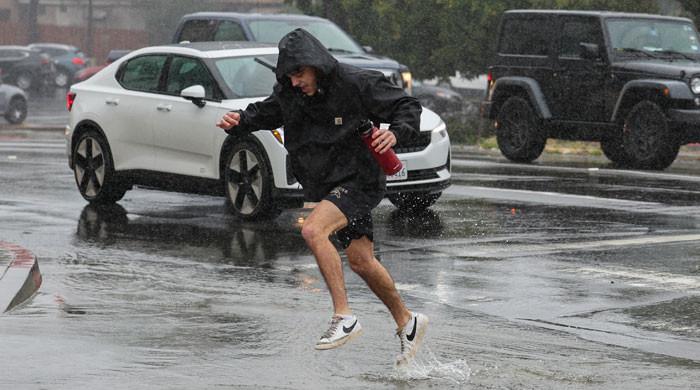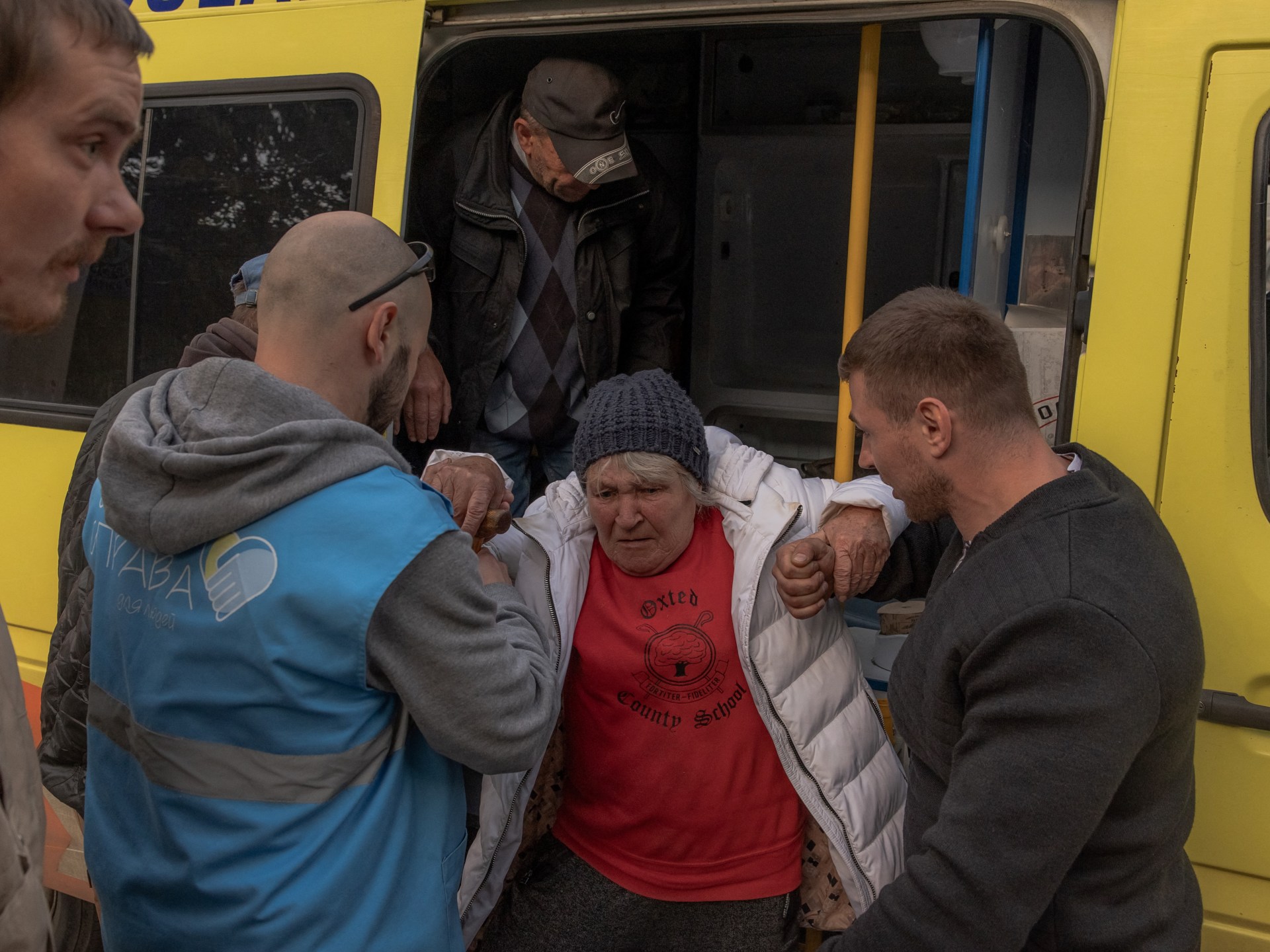One of the busiest days on the US election calendar is almost here.
Super Tuesday takes place on March 5, and millions of voters are expected to cast their ballots in presidential primaries and caucuses in more than a dozen states. Also on the ballot will be races for both chambers of the United States Congress (the House of Representatives and the Senate), as well as other races.
President Joe Biden faces little opposition from the Democratic side and is almost certain to be confirmed as the party's nominee.
However, in the race for the Republican presidential nomination, Super Tuesday could mean the end of the road for former United Nations ambassador Nikki Haley.
She is the last major candidate still challenging the front-runner, former President Donald Trump, but her campaign has failed to dent Trump's tight grip on the party.
Here's everything you need to know about Super Tuesday, its history and this year's most important battlegrounds.
What is Super Tuesday?
Super Tuesday is the day on which the largest number of states hold their presidential primaries and caucuses.
These statewide races help candidates from the two main political groups (Democrats and Republicans) gather the delegates they need to win their party's approval. Ultimately, delegates represent their states at a party convention, where they vote for the candidate based on primary and caucus results.
During this year's Super Tuesday elections, 874 Republican delegates, or about 36 percent of all those available, will be at stake. A candidate needs at least 1,215 of a total of 2,429 delegates to win the Republican nomination.
For Democrats, 1,439 of the party's 3,979 total delegates will be at stake on Tuesday.
When is Super Tuesday?
This year it falls on Tuesday, March 5.
Which US states will vote on Super Tuesday?
Fifteen US states will hold votes on Super Tuesday:
- Alabama
- Alaska
- Arkansas
- California
- Colorado
- Maine
- Massachusetts
- Minnesota
- North Carolina
- Oklahoma
- Tennessee
- Texas
- Utah
- Vermont
- Virginia
The territory of American Samoa will also vote.
Results from the Democratic caucuses in Iowa, which are held by mail-in voting, are also expected on March 5.
Where does the phrase “Super Tuesday” come from?
The origins of the phrase are a little hazy, but Pew Research Center editor Drew DeSilver says it dates back to at least 1976. However, at the time, “Super Tuesday” referred to the last major primaries in June: California, New York and Ohio.
But most experts agree that, as DeSilver writes, “Super Tuesday was born, more or less as we know it today,” in 1988.
It was then that a group of Democrats in the southern states of the United States decided to “advance” the presidential primary process after Republican President Ronald Reagan achieved victory four years earlier over the Democratic candidate for the White House, Walter Mondale.
Their thinking was that by holding their votes on the same day, early in the election cycle, they could better influence their party's election and ensure that the eventual candidate could be successful in the American South.
The 1988 effort didn't work, but Super Tuesday is still the day when most US states vote.
Why is Super Tuesday important?
Super Tuesday is important because each party will allocate approximately one-third of the delegates to decide their respective presidential candidate.
A strong performance can effectively give a boost to the presidential campaign, helping White House hopefuls secure more financial contributions and build momentum. But a bad result can bring a campaign to a screeching halt.
“Because there are so many states holding contests simultaneously, candidates must be very well-funded, well-organized and have good name recognition to do well across the board on Super Tuesday,” said Caitlin Jewitt, associate professor of science. policies at Virginia Tech, he told Al Jazeera.
“If we have a clear favorite heading into Super Tuesday, we often see that – after Super Tuesday – that candidate is by far the favorite and many others drop out of the race.”
Jewitt pointed to the 2020 Democratic race as an example of how Super Tuesday can boost a campaign. That year, Biden had a strong performance on Super Tuesday after a slow start: he won 10 states. The race then became a two-man contest between him and Senator Bernie Sanders.
Successful Republican candidates have also enjoyed a boost since Super Tuesday. Jewitt noted that in 2016, Texas Sen. Ted Cruz didn't do as well as he expected on Super Tuesday, while Trump did better than expected. That year he won the presidency.
“So we see Trump starting to gain momentum from that,” Jewitt said.
What can we expect this year in the presidential primaries?
For Haley, the former U.N. ambassador, a poor performance could spell the end of her campaign for the 2024 Republican nomination. Polls show her trailing Trump in every Republican race on Super Tuesday.
“It's not going to be that fantastic,” Jewitt said of the lopsided races.
“It's much less important this year. It may be important because it could be Haley's last stand, but other than that, it seems inevitable that Joe Biden and Donald Trump will get their respective nominations, so we don't expect many surprises on Super Tuesday.
Haley, who has lost to Trump by a sizable margin in all of the early state races so far, said she planned to stay in the race at least until Super Tuesday. His plans beyond that are unclear.
“I'm not going to give up this fight when the majority of Americans disapprove of both Donald Trump and Joe Biden,” he said after losing the Feb. 24 primary in his home state of South Carolina.
Will there be more on the ballot than the presidential primaries?
Yes. Americans will also vote in a series of what are called “downside” races on Super Tuesday.
They include races to fill seats in the Senate and House of Representatives, as well as state legislatures.
Elections will also be held for lower-level positions such as prosecutors, judges, council members and school board members.
What are some Super Tuesday races to watch?
One of the most anticipated contests takes place in California. Voters there will choose two candidates who will face off in November to fill a vacant Senate seat held for decades by Dianne Feinstein, who died in September.
A recent poll showed Democratic Congressman Adam Schiff leading with 28 percent support in the primary elections, in which candidates from either party can compete. Republican and former baseball player Steve Garvey had 22 percent, while Democratic Representatives Katie Porter and Barbara Lee had 16 and 9 percent, respectively.
In Texas, a host of Democratic candidates are vying for the chance to challenge Republican Ted Cruz for his Senate seat. A poll released in early February by the University of Houston showed that Rep. Colin Allred had 40 percent support among Democratic primary voters, compared to 12 percent for his closest rival, Texas state Sen. Roland Gutierrez.
“But whether it's Allred or Gutierrez in the general election against Ted Cruz, Cruz remains a heavy favorite,” Rice University political scientist Mark Jones, a co-author of the report, said in a statement.
Here are some other races to watch:
- In Minnesota, Muslim community leaders are urging voters to choose “uncommitted” on their Democratic primary ballots in protest of Biden's support for Israel amid the Gaza war. A similar campaign in Michigan garnered more than 101,000 votes on February 27.
- In North Carolina, Democrats and Republicans are holding primaries to choose their respective candidates for governor. Far-right Lt. Gov. Mark Robinson leads in polls and is backed by Trump, while Josh Stein, the state attorney general, leads in polls for Democrats.
- In Alabama, a large number of candidates are competing to represent a new congressional district. Created after the US Supreme Court approved a new electoral map, the Second District has gone from a Republican stronghold to one where Democrats have a chance, local media reported.
When will we have the results of Super Tuesday?
The results will begin to arrive once the polls close in each state and territory. Usually that's around 7 pm local time or later.












